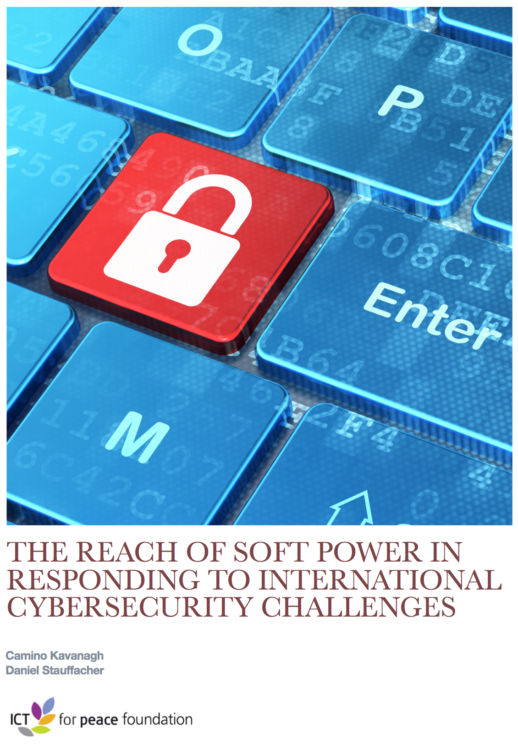
For several decades, international relations and strategic studies scholars have sought to develop a better understanding of the transformation and diffusion of power and its impact on strategic and international affairs. In 2006, Lawrence Freedman noted that an important transformation in strategic affairs had taken place with the end of the Cold War and the demise of the Soviet Union. He challenged the claims of the theorists of a “revolution in military affairs” (RMA) that technology-driven changes in the battlefield underway since the 1990s would transform wars between powerful states into contests marked by information dominance, highly precise weapons and information technology, thus reducing war’s impact on civilian populations and infrastructure. In his writings on RMA, Freedman argued that the impact of the technological changes on the actual conduct of war “depended on the interaction of these developments with changes of quite a different type – in political affairs – which at that moment pointed away from “the decisive clash between [great] powers.” Freedman insisted that the RMA failed to respond to changing political conditions and adapt its military machinery to “the wars that might actually have to be fought” i.e. the “new wars” which were more asymmetrical, irregular and transnational in nature and more reflective of shifting power structures within states and across regions. The terrorist attacks on the United States, Spain and the United Kingdom were evidence of this reality, as were the unexpected drawn-out struggles in Iraq and Afghanistan.
(…) At the crux of more recent debates on transformation lies a new environment: cyberspace, (or information space, depending on one’s strategic narrative). According to US policy makers, the national security threats posed by the malicious use of cyberspace are today ranked above threats posed by terrorism and failed or failing states. Many other states share this view and are organizing their security structures accordingly.
Download and read the full report (as a PDF) from here.
More output by ICT4Peace Foundation on cyber-security can be read here.
- ICT4Peace Foundation calls for an International Code of Conduct on Cyber-Conflict (2011)
- Getting down to business: Realistic goals for the promotion of peace in cyber-space (2011)
- Op-ed in Neue Zürcher Zeitung (NZZ): Disarmament Negotiations for the Cyberspace are needed (2012)
- Reconciling Westphalia and Cyberspace: ICT and Security Developments Between 1969 and 2012 (2012)
- ICT4Peace brief on upcoming Government Expert consultations on Cyber-security (GGE) at the UN in New York (2012)
- ICT4Peace: Sustainable and resilient Internet a prerequisite to protect human dignity and save lives in crisis (2012)
- Op Ed Neue Zürcher Zeitung 13 December 2012 | A ticking time bomb: the importance of moving the international cyber-security agenda forward. Download in the original German, and in English
- The dramatic rise of cyber-attacks: What are Governments doing about it? (2013)
- What Next? Building Confidence Measures for the Cyberspace (2013)
